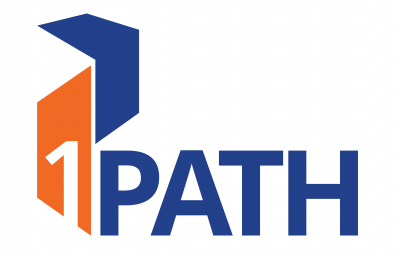Compliance, Cybersecurity
Most days, the biggest concern we have about our credit cards is whether to swipe them or insert their chips at a payment terminal. To be fair, it’s a pretty frustrating ordeal (shouldn’t this be standardized already??) but we rarely fear for our safety, even when buying something online or over the phone. Maybe we’ve become too trusting of robots—Terminator taught us nothing!—or maybe we’re so used to credit card shopping that we’ve failed to realize its inherent security risks.
Every year, millions fall victim to identity theft, all due to inefficient credit card handling. Restaurants, hospitals, and banks are just some of the institutions that can be breached. And if these places aren’t properly securing your information, they’re putting you at risk. Similarly, if your own company isn’t securing your clients’ data, you’re leaving them vulnerable to attack.
But what does it mean to securely handle credit card information? Is there a set strategy for keeping that information safe? Hackers are constantly finding new ways to steal information, and they’ll exploit any vulnerabilities in your system. However, by embracing a culture of cybersecurity and maintaining PCI DSS compliance, your business will be safer, more reliable, and better prepared against attack.
PCI DSS Compliance
In order to keep our identities and credit card information safe, every business that accepts credit cards is encouraged to observe PCI DSS compliance. PCI DSS, or the Payment Card Industry Data Security Standard, consists of several best practices for processing and storing credit card information. There are several levels of compliance, and they vary based upon your business’s annual number of credit card transactions. Additionally, the means through which you accept credit cards—in-person, online, or over the phone—can affect your compliance regulations.
If this is the first time you’re hearing about PCI DSS compliance, you’re probably confused. Isn’t this something your company should know about? How has your business not suffered repercussions for non-compliance? The truth is a little bit complicated; technically, compliance isn’t legally required to stay in business. But if you aren’t PCI DSS compliant, your bank will charge you a monthly fee. You might not even know what this charge is for, as it could be called a compliance fee, administrative fee, etc. And if you ask your bank about that monthly charge, they might tell you not to worry. Becoming compliant is expensive, so what’s a small dollar fine every month?
Why Is PCI DSS Compliance so Important?
In truth, PCI DSS compliance is essential for protecting your business from a security breach. In the event of a breach, your company could expose the information of thousands or millions of clients. Those clients won’t be happy that their information was leaked, and they’ll be less likely to trust or buy from your business again. Additionally, the breached card brand will fine your bank; they might even demand reimbursement for the cost of replacing cards and/or hiring a law firm to investigate. The bank will pass this fine down to you, and if you can’t pay it, the card brand might revoke your right to process their credit card. If this happens, you’ll essentially be blacklisted from other cards, too, which will make it difficult for your business to stay operational—who pays in cash anymore? And who wants to work with a compromised company?
How Can I Make My Business More Compliant?
General cybersecurity knowledge is the backbone to true compliance. While there are other specifics worth following, you can’t have secure credit card practices without first having a knowledgeable team. Additionally, rather than try to respond to a breach, it’s always best when nothing happens to begin with. PCI DSS compliance makes it less likely you’ll be affected by an attack, and while it may not directly make you safer post-breach, implementing its controls—such as a response plan—should.
Cybersecurity is always important, and abiding by compliance regulations is part of that security. If you want your customers to say, “I’ll be back,” you’ll need to ensure they can trust and rely on you. The safer you are, the safer they are, and PCI DSS compliance is an important step in securing that safety.







